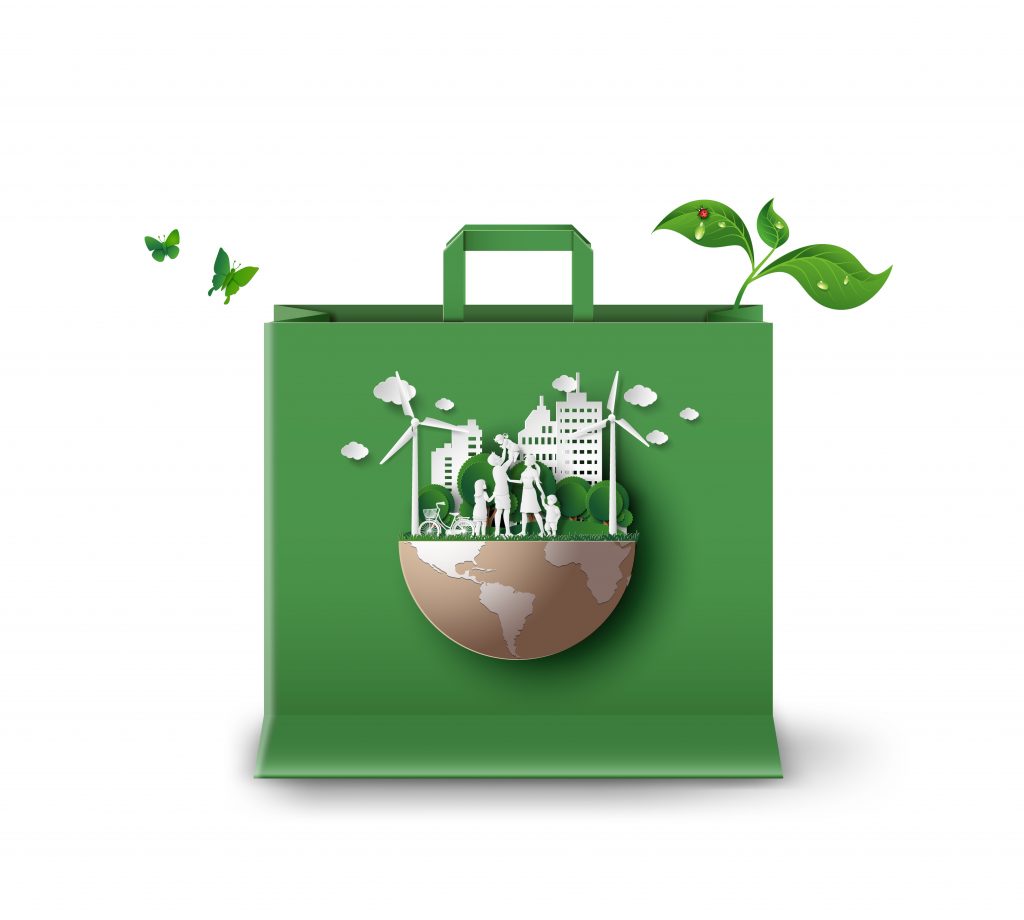Sustainable Innovations: Biodegradable Product Development Solutions


Revolutionizing Sustainability: The Journey of Biodegradable Product Development
In an era marked by environmental consciousness, biodegradable product development has taken center stage as a key driver of sustainable innovation. This article explores the multifaceted aspects of biodegradable product development, from its ecological impact to the challenges and opportunities it presents for businesses committed to reducing their environmental footprint.
The Urgency of Sustainable Solutions
With concerns about environmental degradation and plastic pollution on the rise, the urgency to adopt sustainable solutions is evident. Biodegradable product development emerges as a proactive response to address the environmental challenges associated with traditional materials. By focusing on products that naturally break down over time, businesses contribute to minimizing the long-term impact on ecosystems and reducing waste.
Ecological Impact of Biodegradable Products
The ecological impact of biodegradable products is a cornerstone of their appeal. Unlike conventional materials that persist in the environment for centuries, biodegradable products undergo decomposition through natural processes. This decomposition not only reduces the burden on landfills but also mitigates the harmful effects on wildlife and ecosystems, fostering a more harmonious relationship between human activities and the environment.
Versatility in Biodegradable Materials
Biodegradable product development encompasses a wide range of materials, offering versatility to industries seeking sustainable alternatives. Bioplastics, made from renewable resources such as cornstarch or sugarcane, are gaining prominence in packaging, utensils, and disposable items. Additionally, advancements in technology have led to the development of biodegradable alternatives for textiles, construction materials, and even electronic components, expanding the scope of sustainability in various sectors.
Biodegradable product development is a pivotal step toward building a more sustainable and eco-friendly future.
Challenges in Biodegradable Development
While the potential of biodegradable product development is immense, it comes with its set of challenges. Balancing durability and functionality with biodegradability can be intricate, especially in industries where robustness is a critical factor. Additionally, ensuring the widespread adoption of biodegradable products requires addressing factors such as cost-effectiveness, consumer awareness, and the availability of viable alternatives in the market.
Consumer Awareness and Education
Creating a successful shift toward biodegradable products necessitates increased consumer awareness and education. Many consumers may not be fully informed about the environmental impact of traditional materials or the availability of biodegradable alternatives. Businesses play a crucial role in raising awareness and educating consumers about the benefits of choosing biodegradable products, fostering a more informed and environmentally conscious consumer base.
Regulatory Landscape and Incentives
The regulatory landscape plays a pivotal role in shaping the adoption of biodegradable products. Governments and regulatory bodies can incentivize businesses to invest in sustainable practices by offering tax incentives, subsidies, or regulatory frameworks that encourage the use of biodegradable materials. Clear and supportive regulations provide businesses with the motivation and guidance needed to prioritize biodegradable product development.
Collaborative Initiatives for Sustainability
Biodegradable product development often benefits from collaborative initiatives involving businesses, government bodies, and environmental organizations. Partnerships and collaborations can foster research and development efforts, share best practices, and collectively work towards overcoming challenges in the adoption of biodegradable alternatives. Such collaborations amplify the impact of sustainable initiatives and contribute to a more comprehensive and coordinated approach to environmental conservation.
Market Trends and Consumer Preferences
The market trends in favor of sustainability and eco-conscious consumer preferences are driving the demand for biodegradable products. As consumers increasingly prioritize environmentally friendly choices, businesses that align with these values stand to gain a competitive edge. Adapting to market trends and consumer preferences not only meets the demand for sustainable solutions but also positions businesses as responsible stewards of the environment.
Economic Viability and Long-Term Benefits
Biodegradable product development can be economically viable in the long run, despite potential initial investment costs. As technology advances and economies of scale come into play, the cost-effectiveness of biodegradable materials is likely to improve. Businesses that invest in sustainable practices position themselves for long-term benefits, including enhanced brand reputation, reduced environmental liabilities, and resilience in the face of changing consumer expectations.
Embracing a Sustainable Future
In conclusion, biodegradable product development represents a crucial step in embracing a sustainable and environmentally conscious future. Businesses that prioritize sustainable practices contribute to a healthier planet, meet the evolving expectations of consumers, and position themselves as leaders in responsible corporate citizenship. As the journey toward a more sustainable future continues, the role of biodegradable product development remains pivotal in reshaping industries and fostering a balanced coexistence with nature.





